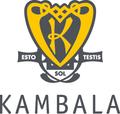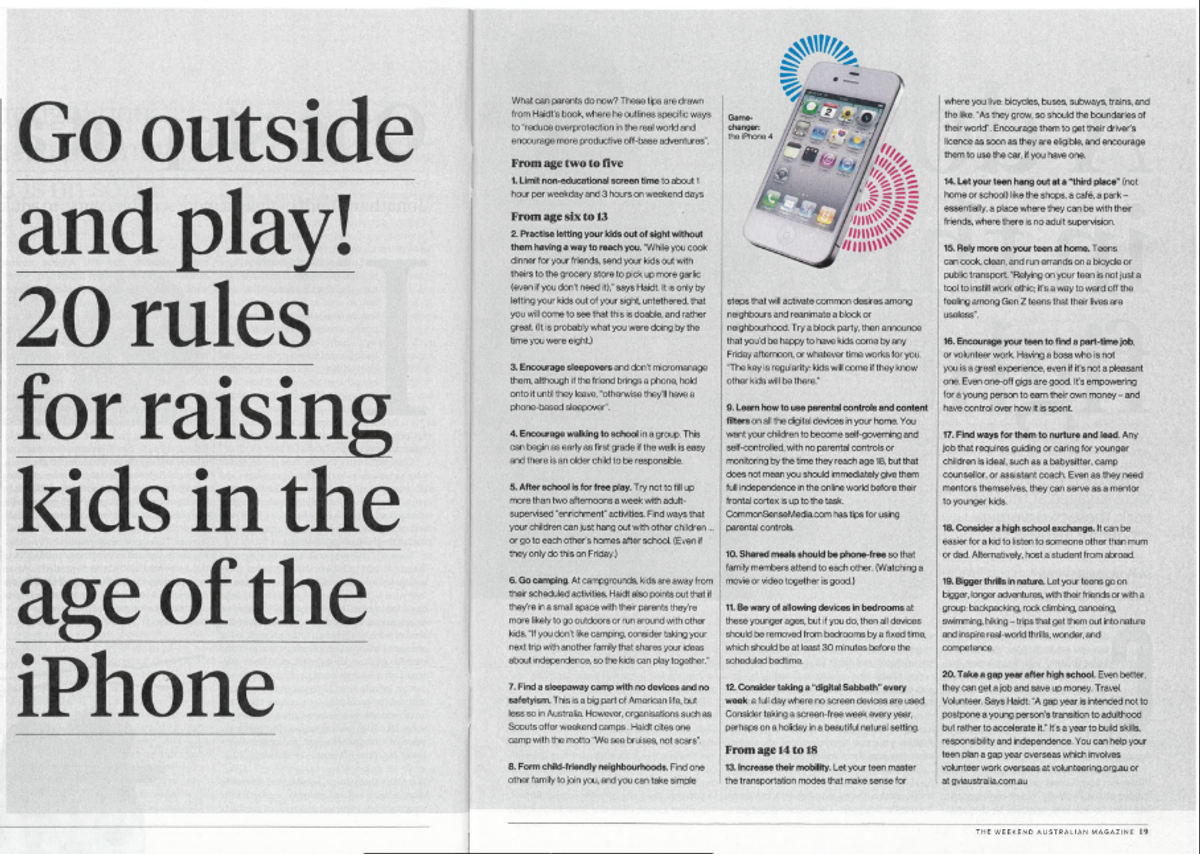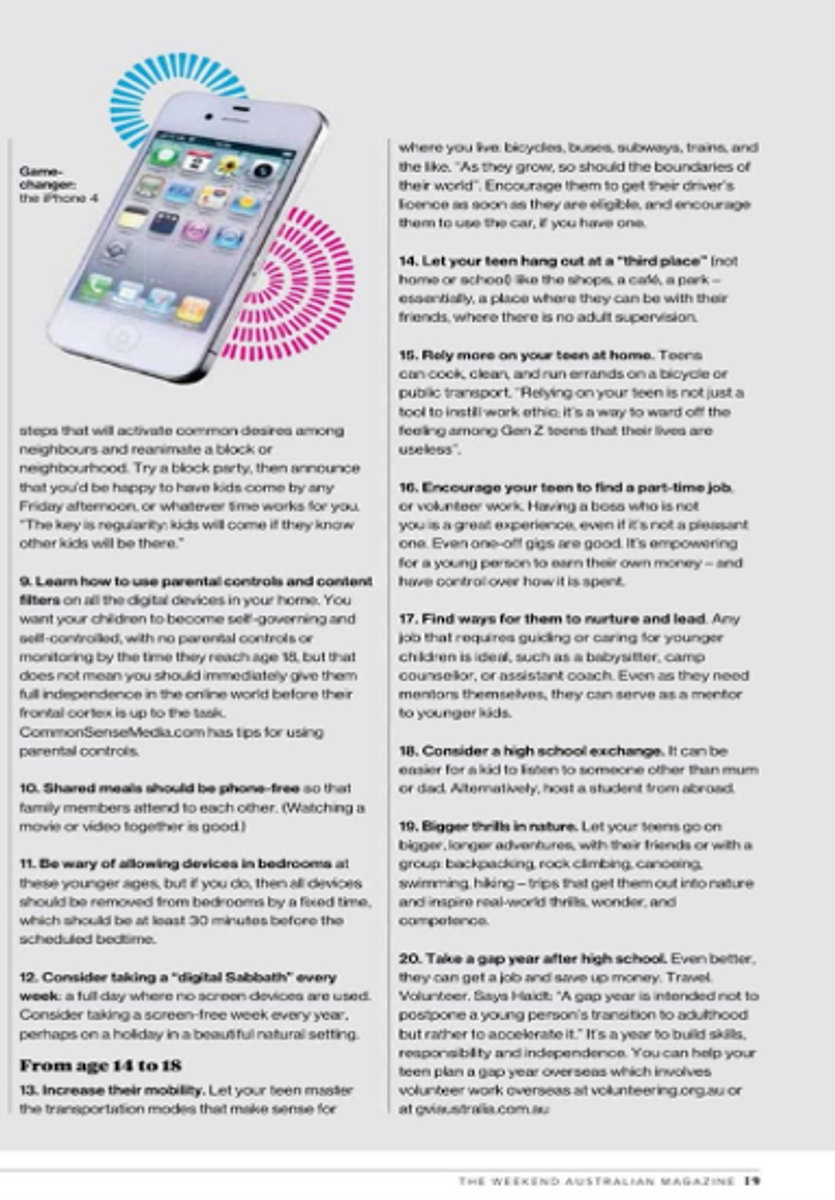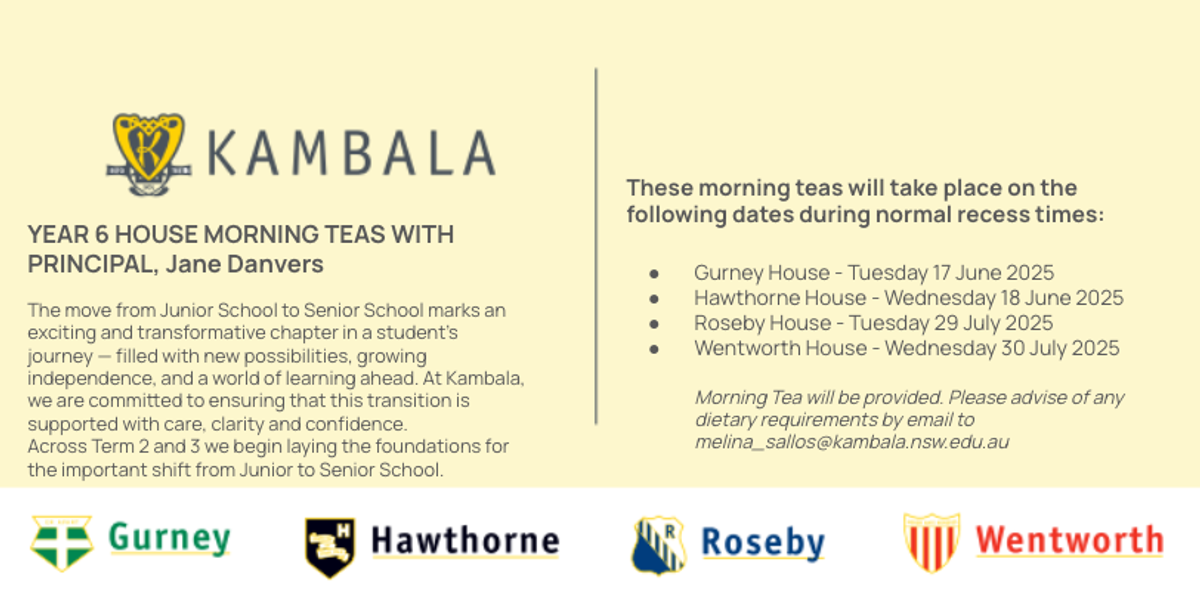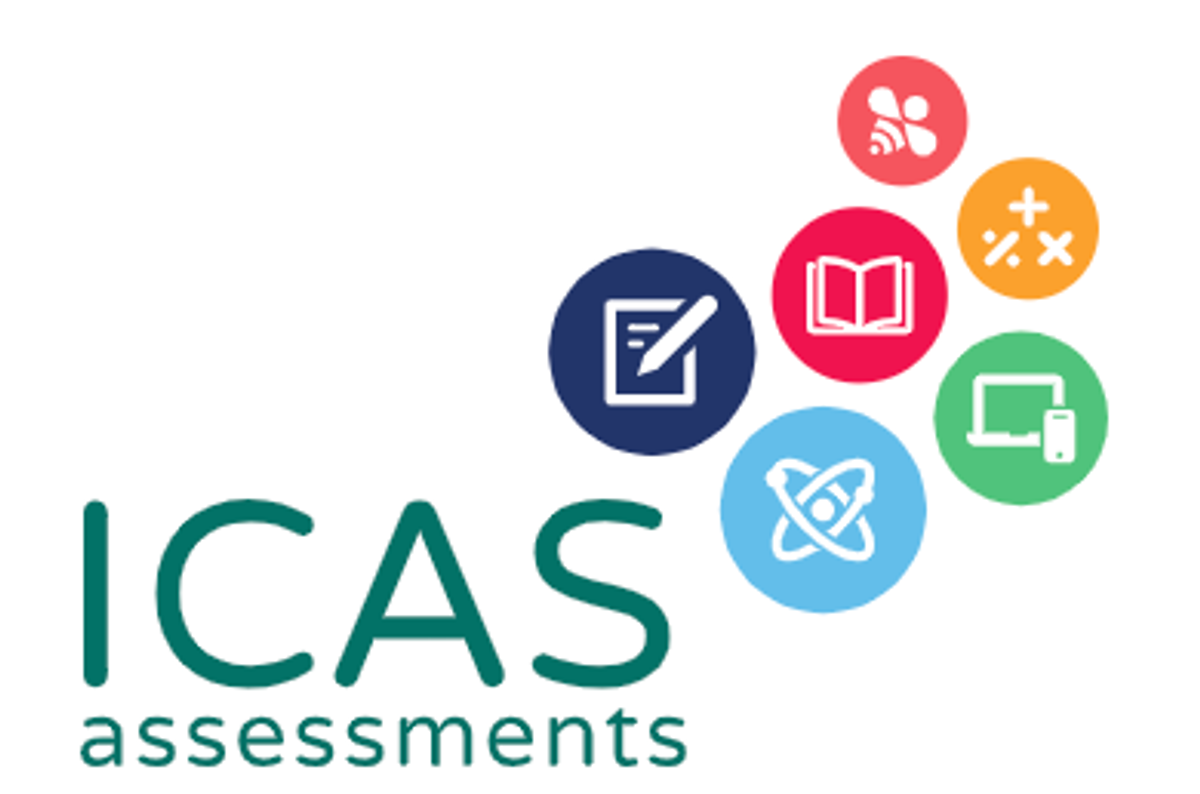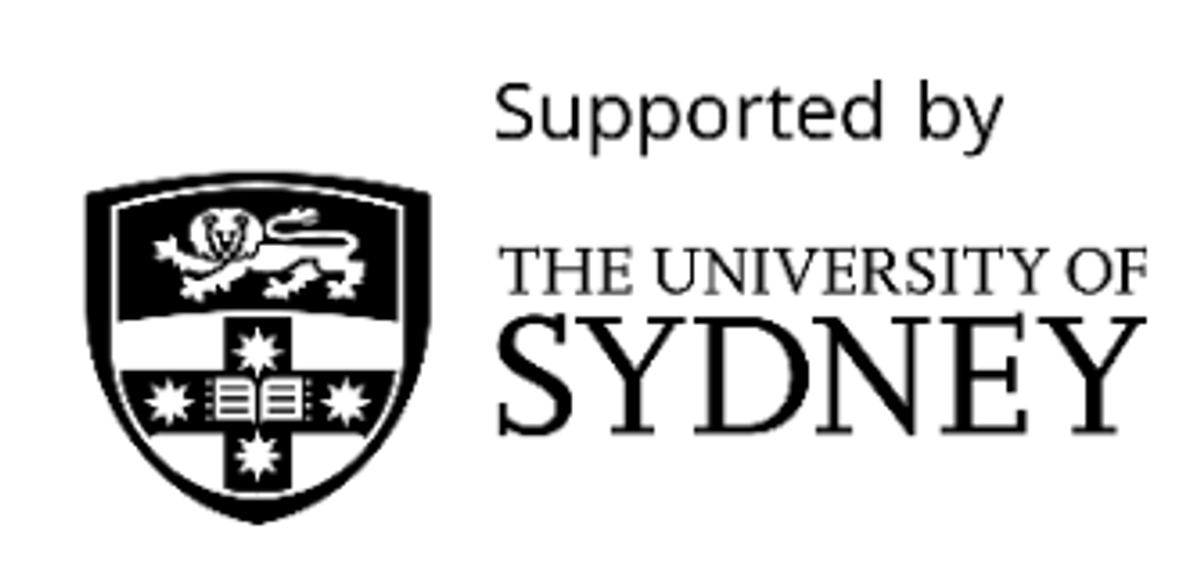From Mr Coppin
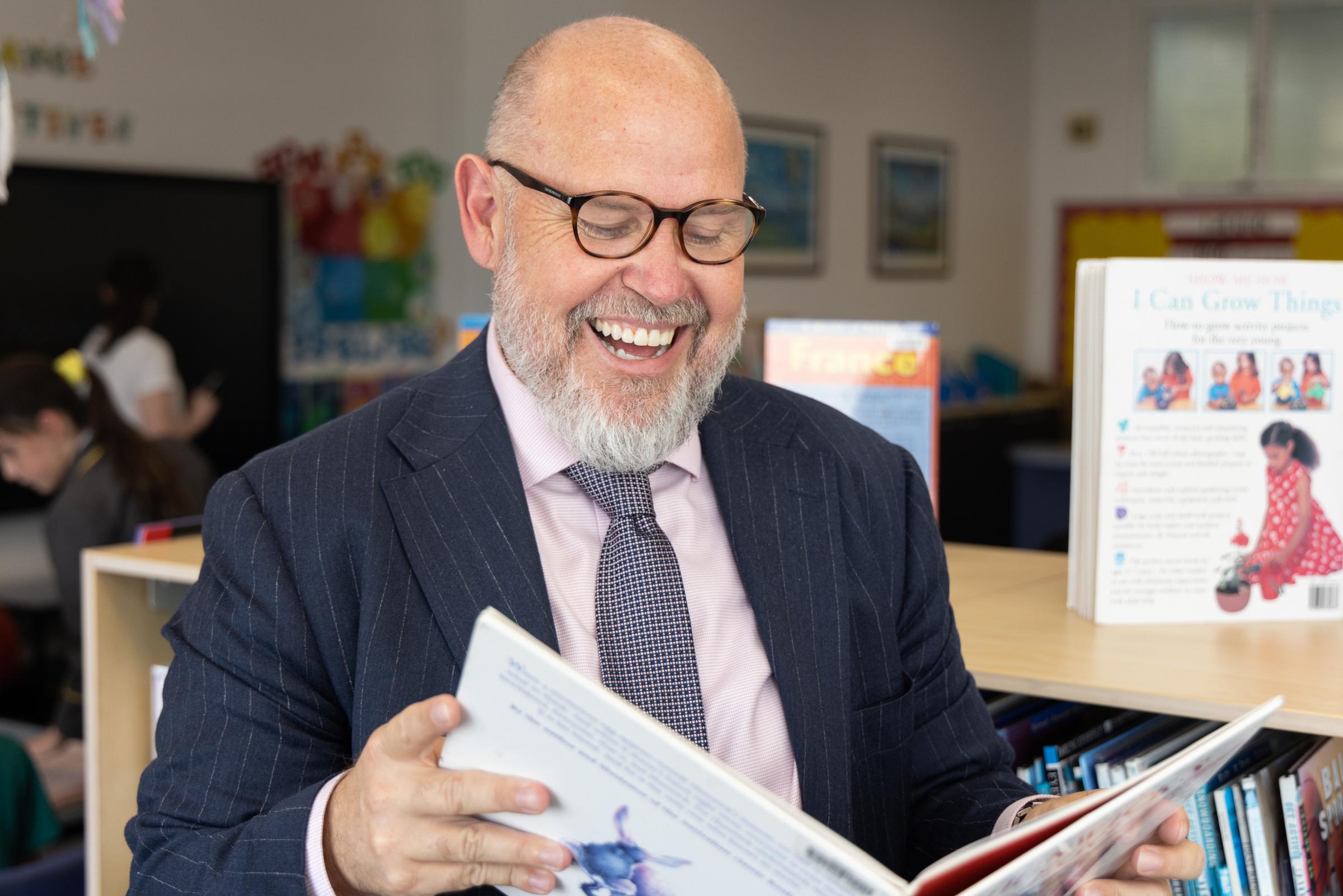
Why "Go Outside and Play" Matters More Than Ever
I was concerned to read the research this week from Macquarie University has revealed a concerning trend: Australian primary school students in Years 4 to 8 are averaging up to nine hours of screen time each day. Compounding this, one in 25 children is showing signs of clinical internet gaming disorder. Meanwhile, a 2021 study found that teenagers are clocking nearly nine hours of recreational screen use daily.
These findings remind us just how vital it is to help children strike a healthy balance between online engagement and real-world experiences. In the article Go Outside and Play: 20 Rules for Raising Kids in the Age of the iPhone, Professor Jonathan Haidt (author of the Anxious Generation) offers practical, research-backed advice for raising happy, resilient children in a digital world. One of their key messages is the importance of unstructured outdoor play — not as an optional extra, but as a critical ingredient in childhood development.
Outdoor play fuels imagination, builds social skills, reduces stress, and supports physical health. Most importantly, it helps children develop the kinds of offline connections and capabilities that screen time can never fully replace. As parents and educators, we can work together to create space for curiosity, movement, and meaningful moments — beyond the screen.
Helpful Tips for Parents from Go Outside and Play
Here are a few practical tips from the book that families can try at home:
- Set screen-free zones in your home — such as bedrooms and dinner tables — to encourage conversation and rest.
- Prioritise one hour of outdoor play daily, whether it’s in the backyard, at a local park, or simply a walk around the block.
- Model healthy habits by putting down your own device and joining your child in active play or quiet offline activities.
- Create tech-free routines, especially before bedtime, to support healthy sleep and mental wellbeing.
- Encourage boredom — it often leads to the most imaginative play.
So, as we head into the weekend, perhaps the best invitation we can extend is simple: "Go outside and play.
Inspiring the Next Generation: Year 10 and Year 6 Science Mentor Program
The power of Science in STEM education comes alive through a new initiative launching Wednesday 4 June 2025 — the Year 10 and Year 6 Science Mentor Program. As part of a pilot research partnership with the University of Technology Sydney and G.A.T.E.W.A.Y.S. (Gifted and Talented Education: Working with Academically Young Students), selected Year 10 girls who show exceptional passion and ability in Science will mentor Year 6 students in designing and conducting their own research projects. Based on the theme “Feeding the Future: Can Our Ecosystems Keep Up?”, the program will run over 10 sessions in Terms 2 and 3, allowing students to explore environmental sustainability through fair testing and scientific investigation.
This initiative goes far beyond academic enrichment—it harnesses the power of role modelling and mentoring to inspire young learners. Year 10 mentors act as science ambassadors, fostering a sense of possibility and excitement in their younger peers. Their guidance helps build not only practical science skills but also confidence, critical thinking, and curiosity. By working alongside peers who are only a few years ahead, Year 6 students gain a tangible sense of what they can achieve in STEM, while Year 10 students develop leadership and communication skills vital for their future studies and careers.
The program will conclude with a Science Showcase on Open Day, where students will present their findings to visiting scientists from the University of Technology Sydney. This authentic audience provides invaluable feedback and recognition, reinforcing the relevance and rigor of the students’ work. Special thanks to Megan Wright- Head of Science, Lauren Walsh- Executive Director KITE, Ky-Lee Murphy- Director of Curriculum Junior School, Di Jones- Science Specialist, and the Year 6 teachers for their vision and support in bringing this opportunity to life. With programs like this, we are not only feeding young minds — we are cultivating the next generation of scientific thinkers and leaders.
Guiding a Confident Step Forward: Supporting the Transition to Senior School
The move from Junior School to Senior School marks an exciting and transformative chapter in a student’s journey — filled with new possibilities, growing independence, and a world of learning ahead. At Kambala, we are committed to ensuring that this transition is supported with care, clarity and confidence.
Across Term 2 and Term 3, we begin laying the foundations for this important shift, starting with House Morning Teas with the Principal in the Tivoli Drawing Room. These morning teas will take place on the following dates
- Gurney House - Tuesday 17 June 2025
- Hawthorne House - Wednesday 18 June 2025
- Roseby House - Tuesday 29 July 2025
- Wentworth House - Wednesday 30 July 2025
These gatherings provide our Year 6 students with a warm introduction to Senior School life in the company of their House peers. It is a time to foster a sense of belonging, engage in open conversation, and build early connections with school leadership and the House system that becomes such a cornerstone of life in the Senior School.
Looking ahead, a range of transition experiences have been thoughtfully designed to gently guide Year 6 students into their new environment:
- In late July, the Year 6 students will participate in “taster” Latin, Mandarin and French with members of the Senior School Languages Faculty in the Senior School Languages Classrooms. Families will then receive a Year 7 survey to indicate preferences for foreign languages (Latin, French, Mandarin). This information will inform the 2026 timetable.
- Shadow a Sister Days will take place across three dates in Week 6 of Term 3 (Monday 25, Tuesday 26, and Thursday 28 August 2025). On these days, Year 6 students will "shadow" their Sisterhood Circle peers in Year 7 through a morning of Senior School classes. In the afternoon, they will come together for a dedicated transition workshop, designed to reflect, connect, and prepare our students for what lies ahead.
- Test & Quest Day on Friday 31 October 2025 offers a full day of orientation for all continuing and new students. This special event is a highlight of the transition process, offering Year 6 students the opportunity to meet future classmates, explore the Senior School environment, and engage in a range of interactive activities designed to build confidence and excitement.
- Throughout Term 4, students will continue their exploration of Senior School through “taster” lessons in subjects such as Science, Art, Design and Technology, and Library with specialist teachers.
To support families, key Year 7 information including the Senior School Handbook, curriculum overviews, uniform and book lists, sport and co-curricular options will be published on Sundial to coincide with Test & Quest Day. Parents of Year 6 students are invited to attend the information morning component of this exciting day.
The new year will begin with an Induction Session on Thursday 29 January 2026, followed by the official start of classes on Friday 30 January 2026.
As always, we remain deeply committed to ensuring that your daughter’s transition to Senior School is a positive, supported, and joyful one. This journey is not simply a change of location — it is a rite of passage into the next stage of learning and life at Kambala.
Communicating with Parents and Carers - Semester 1, 2025 Academic Reports
Our Kindergarten to Year 6 teachers are busy at present preparing student progress reports.
We anticipate reports will be distributed via email on the penultimate school day of Semester 1 (Wednesday 25 June, 2025). You may also access past Academic Reports via Edumate. Please see the steps on how to access your daughter’s past reports at this link. Please note: to access reports via Edumate, please log in using a tablet or laptop.
Preparation students will also receive a Learning Portfolio at the end of this term. Please check your daughter’s Sundial Learning Moments.
The NSW Curriculum is structured in stages, with each learning stage spanning two years:
- Early Stage 1: Preparation and Kindergarten
- Stage 1: Year 1 and Year 2
- Stage 2: Year 3 and Year 4
- Stage 3: Year 5 and Year 6
As students progress to a new learning stage, they encounter a fresh set of learning outcomes and have two years to master these. It is common for grades to initially stagnate or slightly decline during this transition. For example, a student who earned an A in English at the end of Year 2 might receive a B at the beginning of Year 3, and a student with a B in Mathematics at the end of Year 4 might initially receive a C in Year 5 due to the increased rigor of the new stage’s curriculum.
Please be reassured that students have two years to thoroughly understand and excel in the teaching and learning outcomes of their new stage, and they typically become stronger as they progress.
In Kindergarten, the first formal year of learning in the NSW Curriculum, A-E grades are not awarded due to the individualised pace of learning. The NSW Educational Standards Authority (NESA) advises that A-E grading should commence from Year 1.
Parents of students in Years 5 and 6 receive feedback through Progressive Reporting on Sundial throughout the semester. As such, the Year 5 and Year 6 academic reports are streamlined. Year 5 and 6 Parents are reminded to take the time to check their daughter’s profile at regular intervals throughout the semester to view students’ most recent annotated learning samples. Please click on the ‘Feedback’ button to view your daughter’s assessments.
At Kambala, we are committed to realising each student's academic potential and are proud of the comprehensive nature of our reports. However, it is important to remember that our view of the students is multifaceted and extends far beyond words or grades on a page.
Life Long Learning
We warmly congratulate life long learner Ky-Lee Murphy who will be participating in the Global Action Research Collaborative (GARC) in Philadelphia. Ky-Lee has been conducting action research linked to mathematical learning. She will fly to Philadelphia from Wednesday 18 June 2025 to present at the International Coalition of Girls’ Schools Global Forum.
ICAS Assessment Competition
Kambala is pleased to offer our students in Years 3-6 the opportunity to participate in the ICAS Assessments, which will take place in Term 3. Our students can nominate to sit the English, Science and/or Mathematics assessments. The assessments are designed to target students’ higher-order thinking and problem-solving skills. Please consider carefully before choosing this enrichment opportunity for your daughter. It is a rigorous competition with many questions set beyond grade level. Participants are required to demonstrate a deeper, integrated and thorough level of learning. Please note that most schools only enter their most capable students, so the averages are very high. More information about the assessments can be found at ICASassessments.com
Each assessment celebrates students’ accomplishments by providing opportunities for recognition and development. All students receive a certificate and an individual student report with their score and achievement level. Top performers are eligible for an ICAS medal.
The dates for each competition are as follows:
English - Monday 11 August
Science- Monday 18 August
Mathematics- Monday 25 August
Each of these will be completed at Kambala.
If you would like to register your daughter, please complete THIS FORM.
Registrations close on Friday 25 July, 2025 (Term 3 Week 1).
Year 3 Term 3 Saturday Sport Registration
Please click here to access all the information in regards to the Year 3 Saturday Sports offer for Term 3 2025.
The girls will have two Saturday Sport options to choose from – Netball or Minkey Hockey. Girls can only register for ONE sport, as they will both take place Saturday mornings.
Please note that the final day for registrations is Friday 13 June. The Google Registration form can be found at the bottom of the letter.
